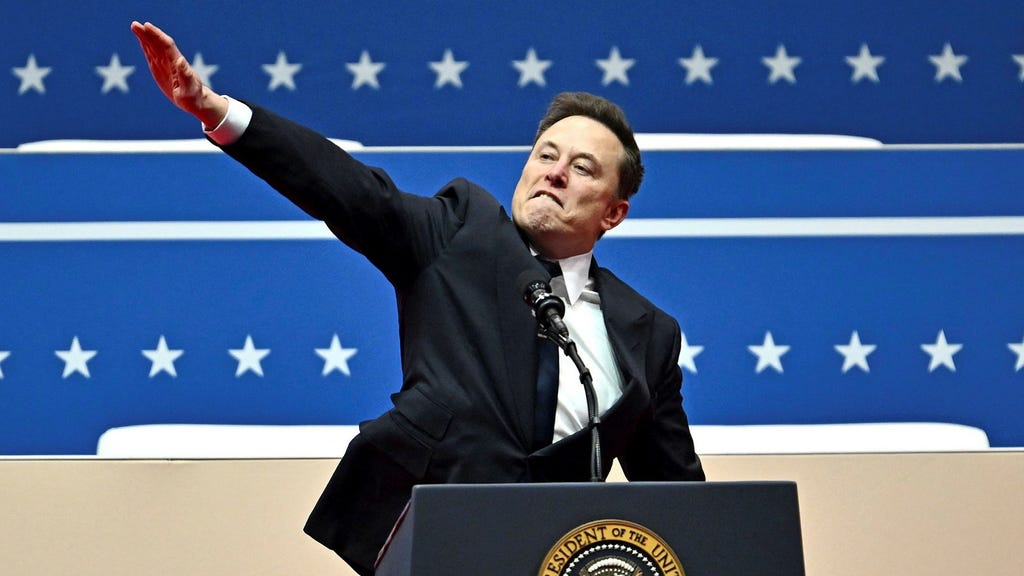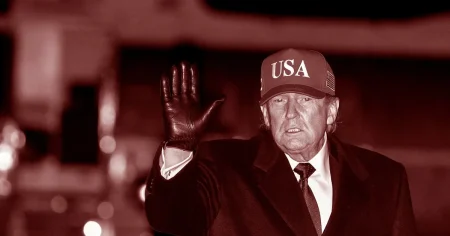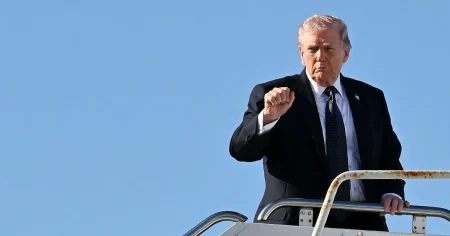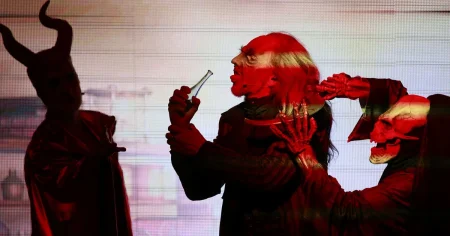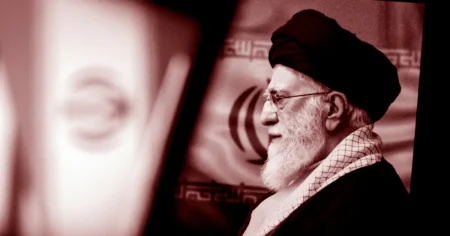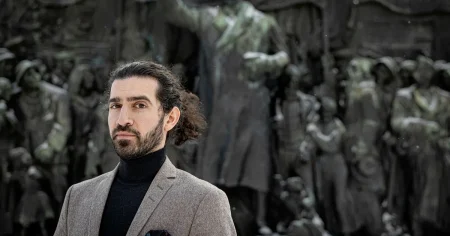The text describes a controversial incident involving Elon Musk, where he appeared to perform a Nazi salute while celebrating the reinstatement of a coup leader as president. This act sparked widespread criticism and condemnation, with some attempting to downplay or explain away the gesture. The core issue revolves around the ambiguity of Musk’s actions and the subsequent attempts to rationalize his behavior, raising questions about his intentions and the implications of his actions, particularly given his influence and wealth.
The initial reaction to Musk’s gesture was one of shock and disbelief, with many interpreting it as a clear display of support for fascism. His dismissive response to the criticism, mocking those who labeled him as a Nazi sympathizer, further fueled the outrage. Supporters, however, rushed to his defense, offering various explanations ranging from misinterpretations of a harmless gesture to attributing it to Musk’s supposed autism. These defenses sought to deflect the seriousness of the act and minimize the potential damage to Musk’s image and reputation.
The incident also highlighted the double standard often applied to public figures, with comparisons being made to other instances where individuals were accused of similar gestures. Some argued that the outrage directed at Musk was disproportionate compared to the reactions elicited by comparable incidents involving other politicians. This argument, however, fails to account for the context of Musk’s actions, occurring as they did in celebration of a coup leader’s return to power. Furthermore, Musk’s previous associations with far-right figures and his history of promoting conspiracy theories and inflammatory rhetoric online lends further credence to the concerns surrounding his behavior.
The article also delves into the broader implications of Musk’s gesture, particularly its potential to embolden extremist groups. By seemingly endorsing a coup leader and displaying a symbol associated with fascism, Musk inadvertently signals approval to those who hold similar ideologies. His immense wealth and influence amplify this message, potentially normalizing and legitimizing extremist views. The fact that Musk performed this gesture on a public stage, in front of a global audience, further magnifies its impact and reach.
The author also criticizes the attempts to excuse Musk’s behavior by citing his visit to a Holocaust memorial site. While acknowledging the possibility that Musk’s actions may be inconsistent or indicative of a decline in mental stability, the author argues that these factors do not negate the harmful consequences of his gesture. The focus should remain on the impact of his actions on those who may be influenced by his behavior, particularly those susceptible to extremist ideologies. Musk’s visit to a Holocaust memorial, while potentially a genuine act of remembrance, does not erase the impact of his subsequent actions.
Ultimately, the incident raises serious questions about the responsibility of individuals with significant platforms and influence. Musk’s actions, regardless of his intent, carry weight and can have real-world consequences. Dismissing his behavior as harmless or eccentric overlooks the potential for such actions to normalize and embolden extremism. The article emphasizes the need to hold powerful figures accountable for their actions and to recognize the potential harm that can arise from even seemingly innocuous gestures, especially when those gestures carry symbolic weight and are performed by individuals with significant cultural capital. The incident serves as a stark reminder of the power of symbols and the responsibility that comes with wielding influence in the digital age.





